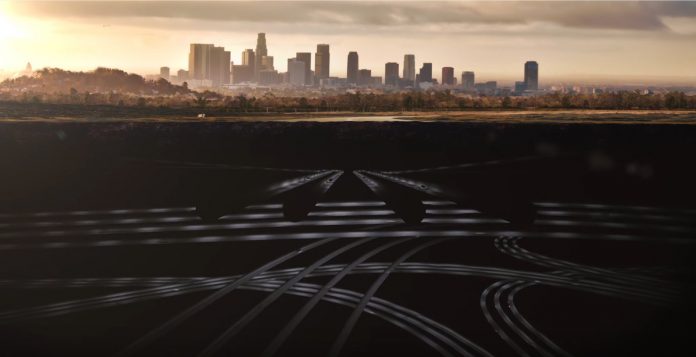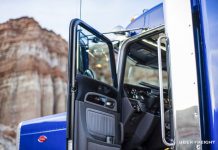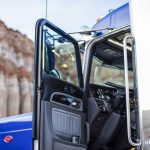Many a commuter has lamented the soul-crushing time sink that is their daily drive to and from work. It’s even got Silicon Valley executives fed up enough to hit the drawing board on how best to solve for the modern-day traffic jam.
Google promised self-driving cars would let us squeeze a whole lot more cars onto existing highways. Lyft argued we need smart HOV lanes to incentivize ride-sharing. And now Uber announced plans for a flying taxi.
Not just quirky, what a lot of these ideas tend to have in common is that they aren’t necessarily trying to solve traffic congestion in a wholistic way for the city’s sake. It’s more like they’re honing in on one particular piece of the transportation puzzle in a way that also happens to serve their company’s interest.
This time it’s Elon Musk adding his name to the list of tech executives looking to solve the problem and his unique angle is to bring new lanes underground. Last week, the CEO of Tesla and LA resident sat down with Chris Anderson in a TED Talk to detail his latest pet project, the Boring Company. The idea is to burrow a vast tunnel network underneath LA to increase road space without encroaching on limited surface-level real estate.
Street-level elevators would send cars down into the tunnel network where it would be placed on a track propelling it at 124 mph to its destination. With such a system, a traveler could get from Westwood to LAX in about “5-6 minutes”, Musk said.
To make any of this possible, the Boring Company proposes some interesting innovations to the work of tunneling. For instance, Musk wants to dig and reinforce the walls of the tunnel in one single step as opposed to two separate steps as they’re done today. So the company has ideas for both cost efficiency gains as well as technological advances to tunneling which could really shake up that industry. And maybe that’s where the true value of this project will lie.
But already, the proposal raises new questions about the very viability of burrowing new roads underground. For instance, Musk never compared the cost of building a tunnel to simply adding a lane on a highway. Even if he is working on reducing the absolute cost of digging, one has to ask what the direct price comparison looks like.
And then there’s the question of whether creating new roads underground really solves the problem of congestion. As many a study has shown, simply adding more capacity doesn’t actually alleviate traffic. When it becomes more bearable to drive on a highway because of new lanes, more people will get on the road and bring congestion back up to their prior levels. Former planning chief for Vancouver Brent Toderian aptly referred to the law of congestion in a set of tweets criticizing Musk’s idea.
.@elonmusk @CBCVancouver It’s related to the proven tendancy for new freeway capacity to quickly fill up, referred to as #inducedtraffic or the #lawofcongestion. pic.twitter.com/Otr101mXwG
— Brent Toderian (@BrentToderian) April 29, 2017
Then there are the myriad logistical questions around building these things. Like what would happen in case of a backup of cars at the street-level entrances? And what kind of bureaucratic challenges would the company face?
And these days, cities around the world are playing around with all kinds of ideas for better mass transportation options and disincentives for driving in high-traffic areas that aim to get rid of cars from the road completely. But Musk doesn’t get into any of these concepts during the talk.
So at this point, we can’t be certain this is a fully baked plan to tackle modern traffic congestion. It sounds more like a highway widening project on steroids where new lanes are getting fanned out into an ant colony-style network under the city.
Then we get to one point in the TED talk where it almost sounds like the entire tunnel idea was just Musk’s way of opening up more road space for his Tesla cars to drive on.
Anderson teased out the sentiment when asking Musk for his motivation to start the Boring Company: “Is one of the motivations for the tunneling project the realization that actually, in a world where cars are electric and where they’re self-driving, there may end up being more cars on the roads at any given hour than there are now?”
“Yeah exactly,” Musk confirmed.
He went on: “Once you have shared autonomy where it’s much cheaper to go by car…the affordability of going in a car will be better than that of a bus.”
In essence, self-driving electric cars (read: Teslas) will get cheap enough that people will start opting for it over mass transportation. And because there will be more Teslas on the road, Musk wants to create more roads. Well, for all us mass transportation fans who find ourselves falling outside Musk’s target market, at least one thing is made clear. These tunnels aren’t meant for us.











